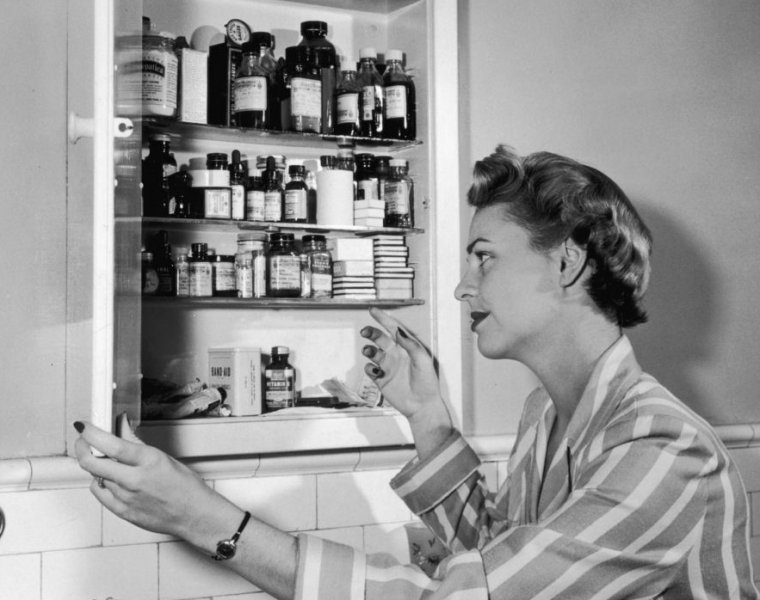Drugs already in medicine cabinets may fight dementia, early data suggests
Ars Technica » Scientific Method 2017-04-29

Enlarge / Oh, there's that cure I was looking for. (credit: Getty | Harold M. Lambert)
Tried, true, and FDA-approved drugs for cancer and depression—already in medicine cabinets—may also be long-sought treatments for devastating brain diseases such as Alzheimer’s, Parkinson’s, and other forms of dementia, according to a new study in Brain, a Journal of Neurology.
The research is still in early stages; it only involved mouse and cell experiments, which are frequently not predictive of how things will go in humans. Nevertheless, the preliminary findings are strong, and scientists are optimistic that the drugs could one day help patients with progressive brain disease. Researchers are moving toward human trials. And this process would be streamlined because the drugs have already cleared safety tests. But even if the early findings hold up, it would still take years to reach patients.
In the preliminary tests, the two drugs—trazodone hydrochloride, used to treat depression and anxiety, and dibenzoylmethane (DBM), effective against prostate and breast tumors—could shut down a devastating stress response in brain cells, known to be critical for the progression of brain diseases. The drugs both protected brain cells and restored memory in mice suffering from brain diseases.